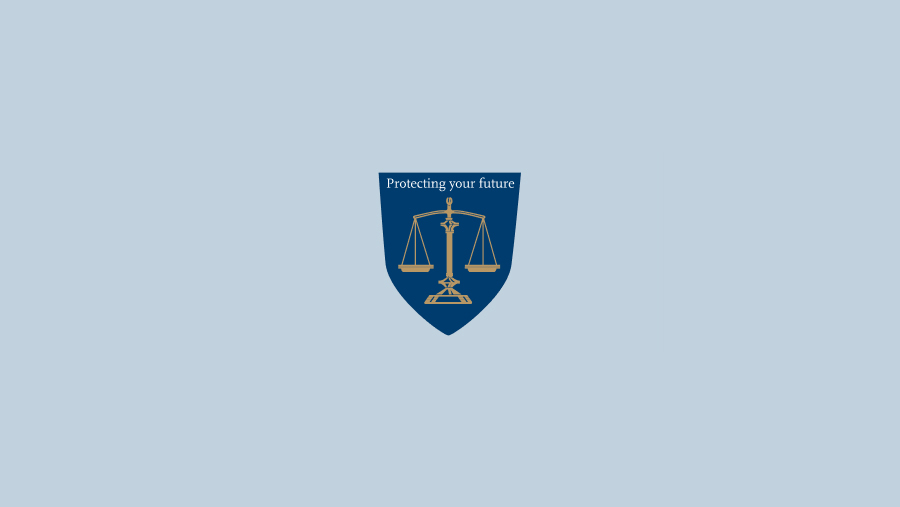"Elder Law Estate Planning" is an area of law that combines features of both elder law and estate planning and relates mostly to the needs and concerns of the middle class.
Estate planning was formerly only for the wealthy who wanted to shelter their assets from taxes and pass more on to their heirs. But today estate planning is also needed by the middle class who may have assets exceeding one million dollars, especially when you consider life insurance in the mix.
Estate planning with trusts became popular starting in 1991 when AARP concluded that probate should be avoided and trusts should be used to transfer assets to heirs without a court proceeding. Trusts are also widely used today to avoid guardianship proceedings on disability, protect privacy, and reduce the chance of a will contest in court.
As the population aged and life expectancies increased, the field of elder law emerged in the late 1980's to help people protect assets from nursing home costs by using Medicaid asset protection strategies.
The two fields of elder law and estate planning still tend to be separate, which can work against a client needs. For instance, a client may see an elder law attorney for Medicaid asset protection planning in the event of disability, but overlook the benefits of estate planning, such as avoiding estate taxes or keeping assets in the bloodline. Similarly, a client may have prepared an effective estate plan for death with an estate planning attorney, but failed to avail themselves of Medicaid asset protection strategies for their lifetimes.
For this reason, we have been practicing "elder law estate planning" together for over thirty five years to address these needs:
- Getting your assets to your heirs, with the least amount of court costs, taxes and legal fees possible.
- Keeping your assets in the bloodline for your grandchildren and protecting those assets from your children's divorces, lawsuits and creditors.
- Protecting your assets from the costs of long-term care and qualifying you for government benefits to pay for your care either at home or in a nursing facility.
- Avoiding guardianship proceedings if you become disabled and probate court proceedings on death.
